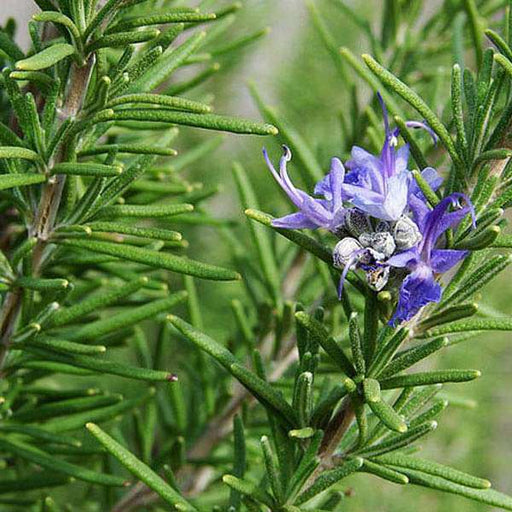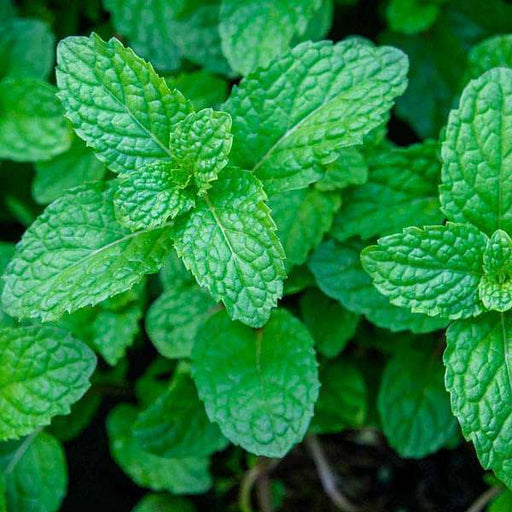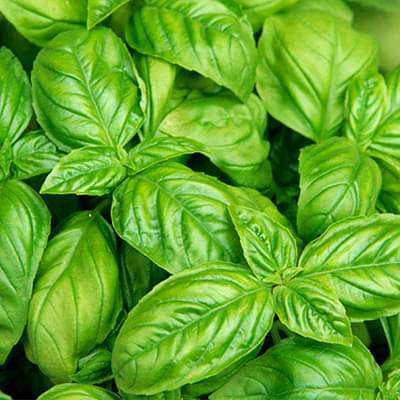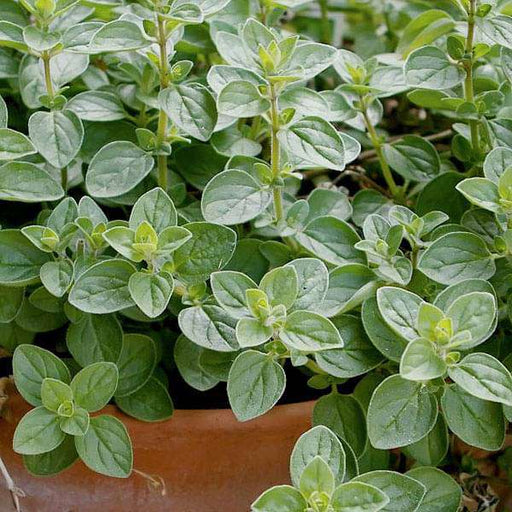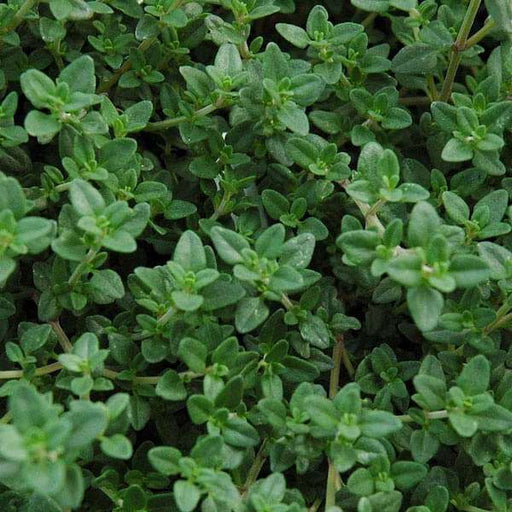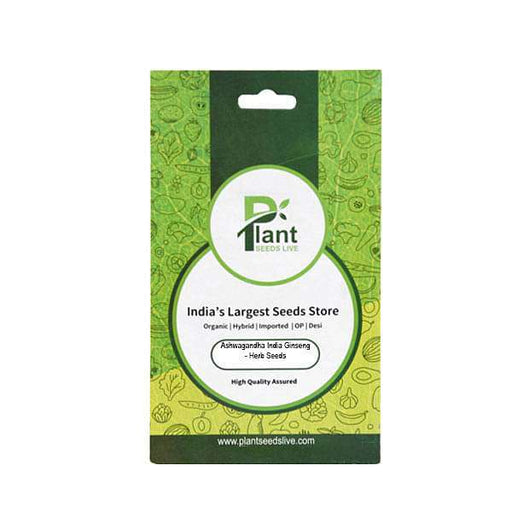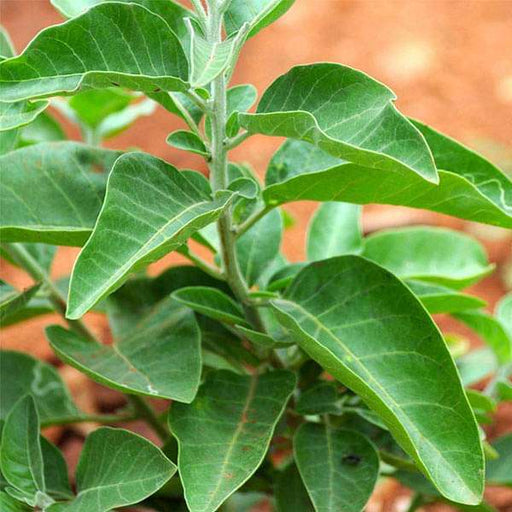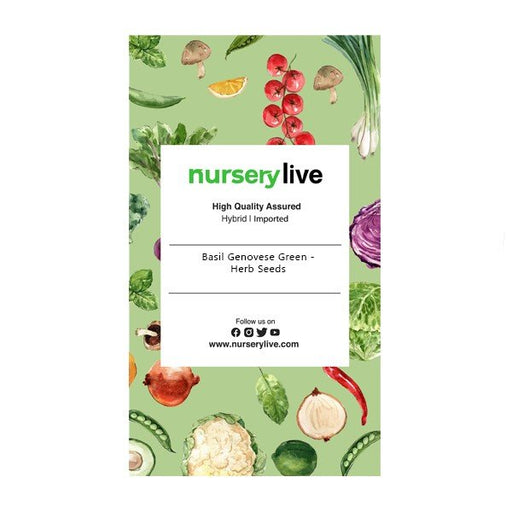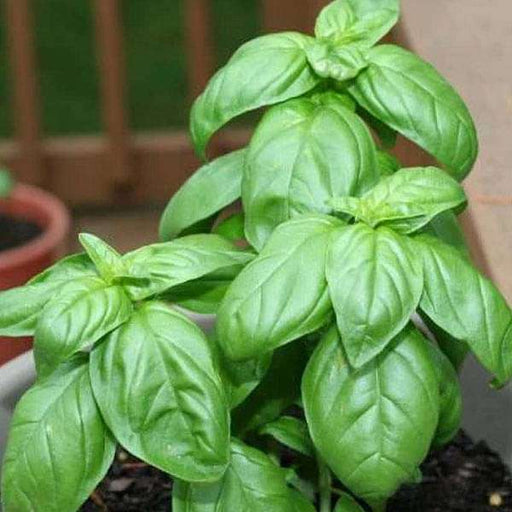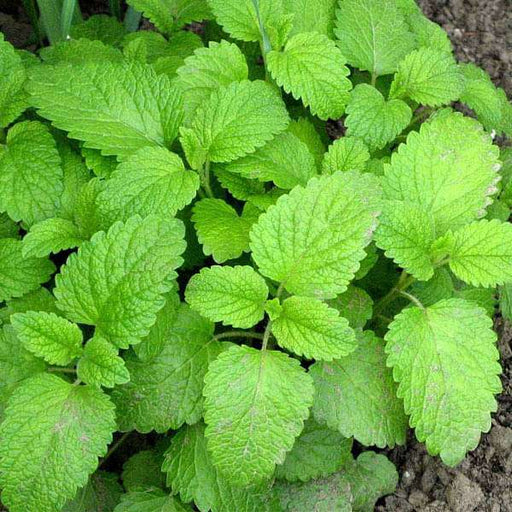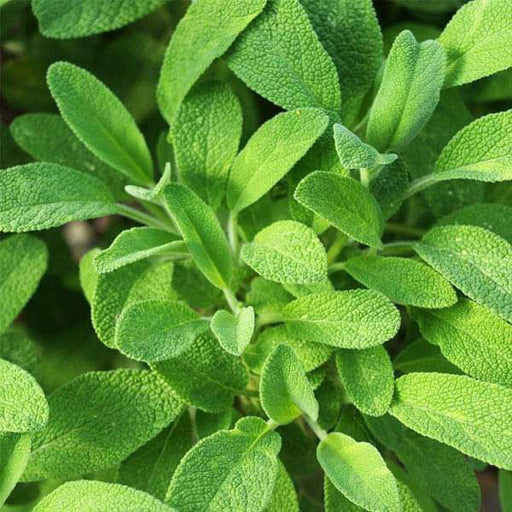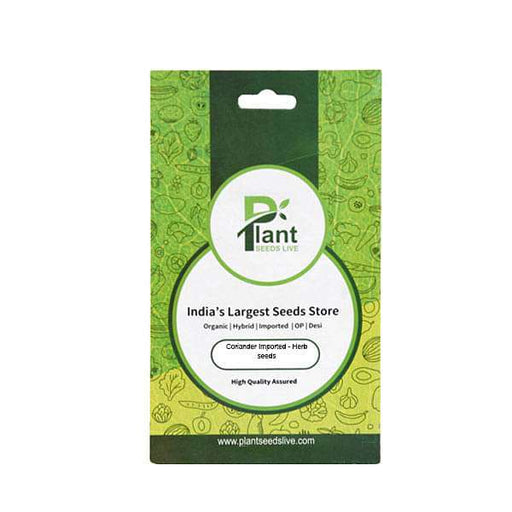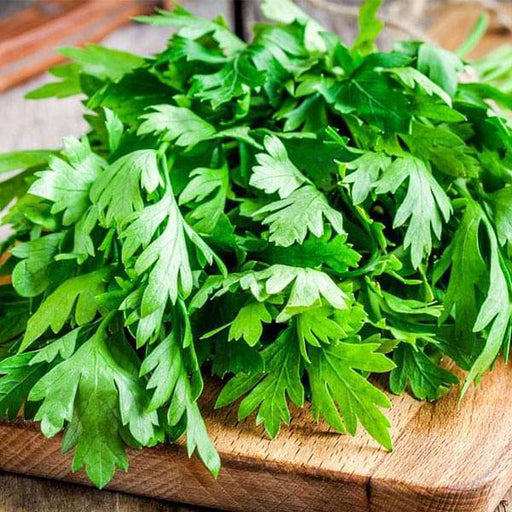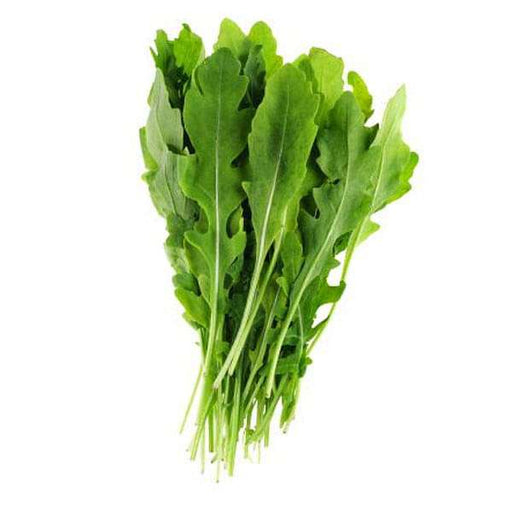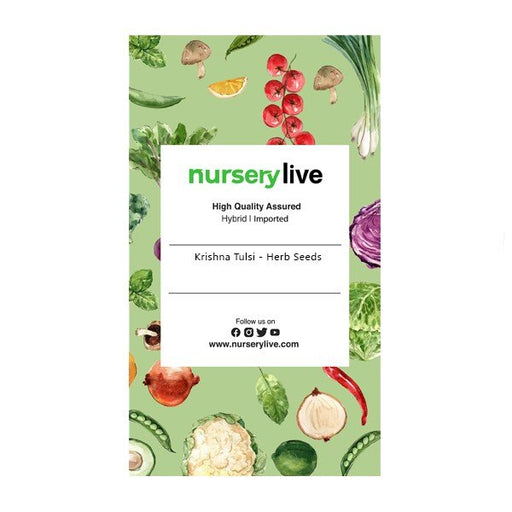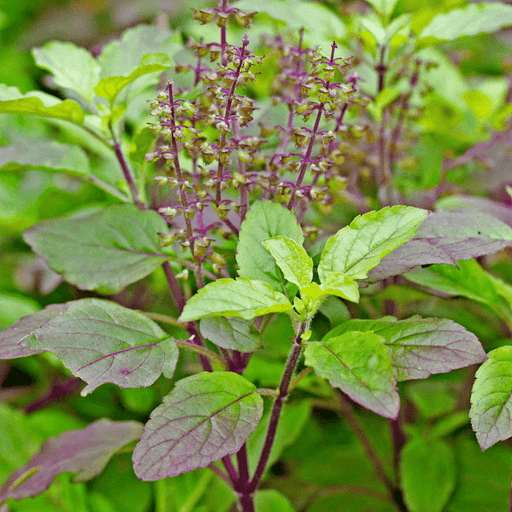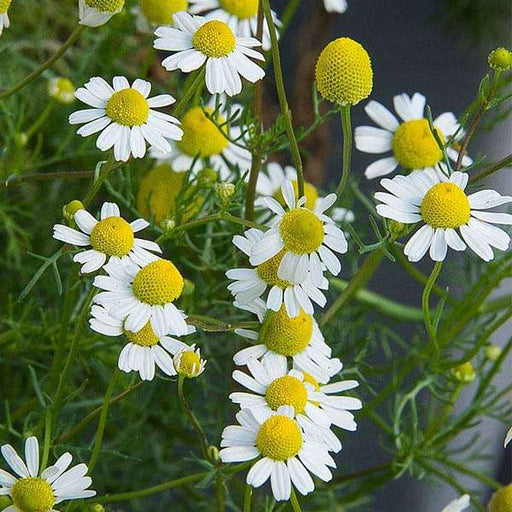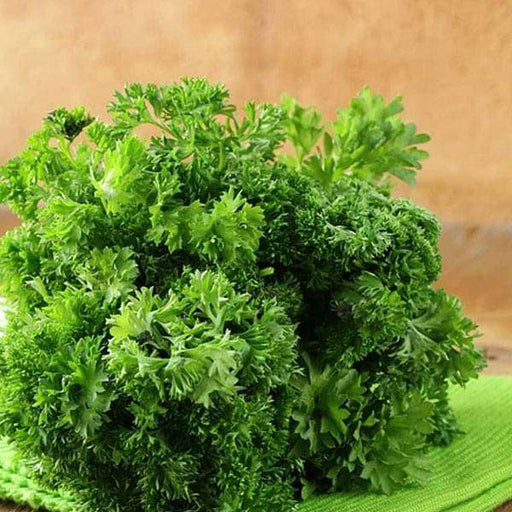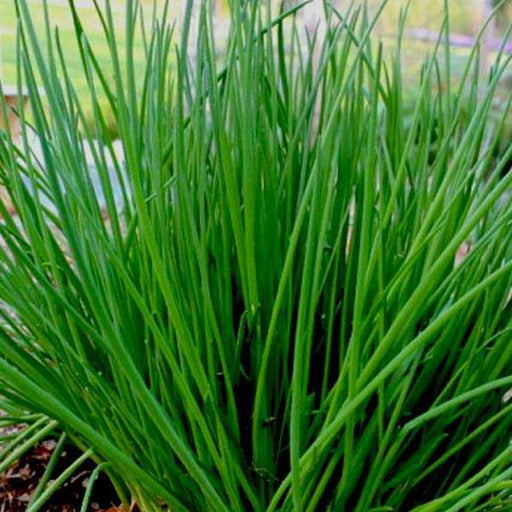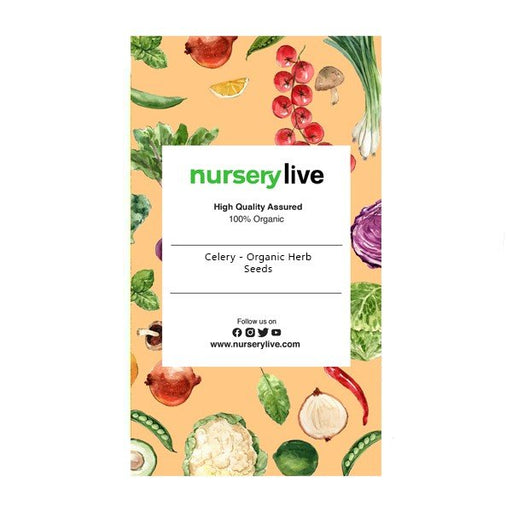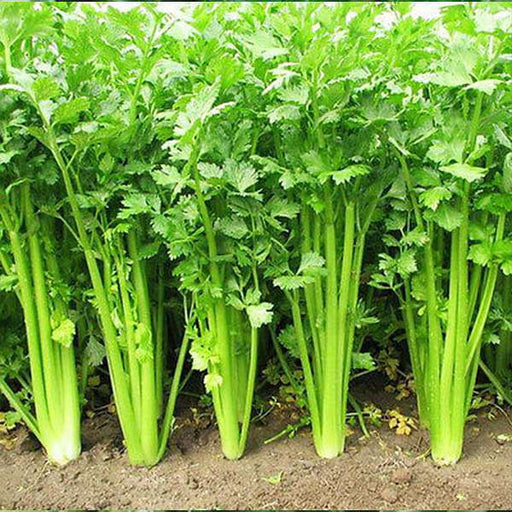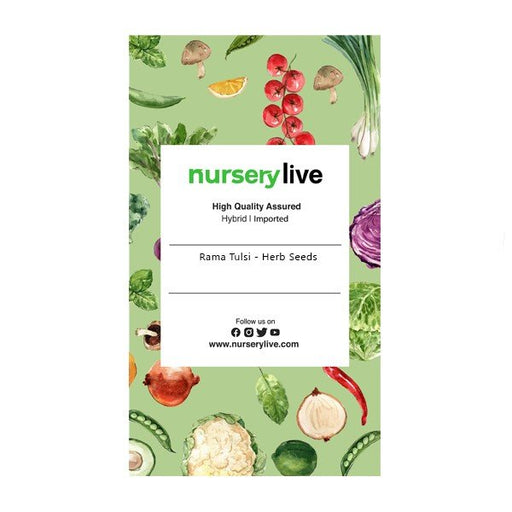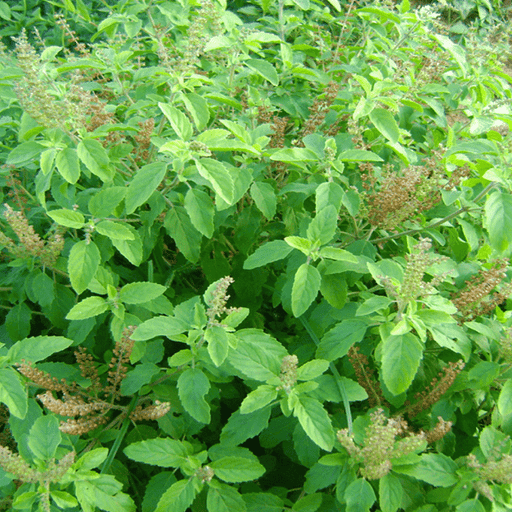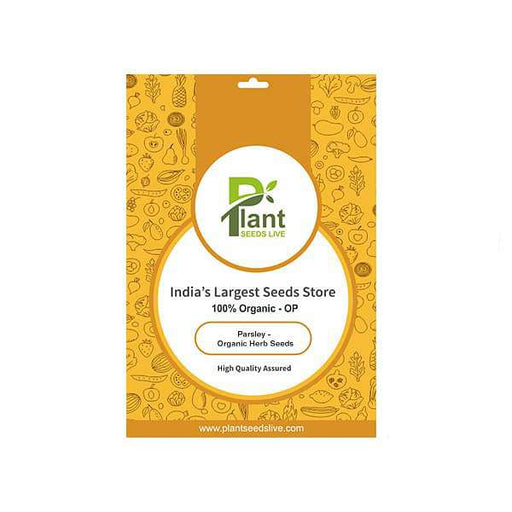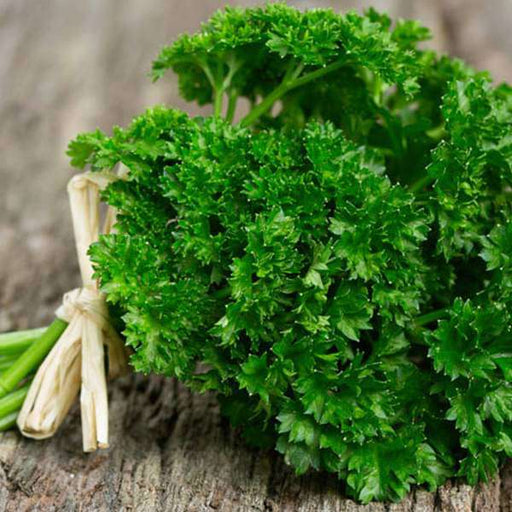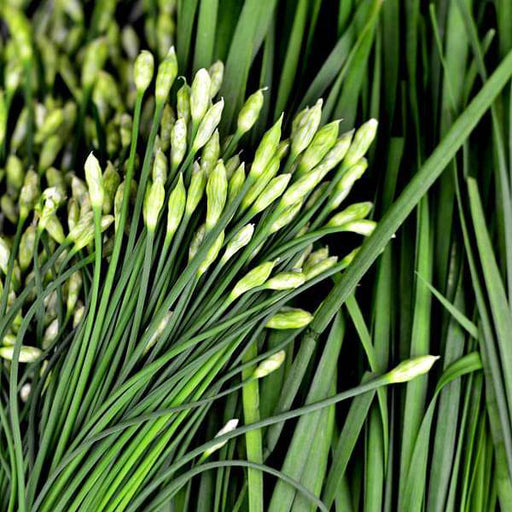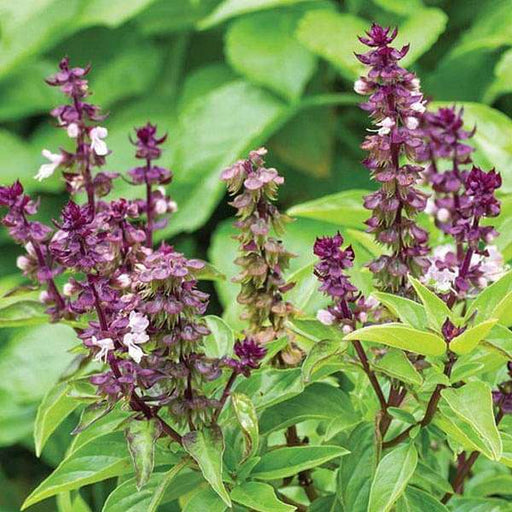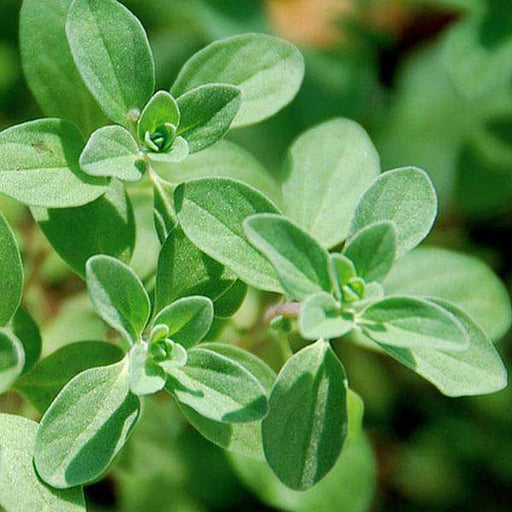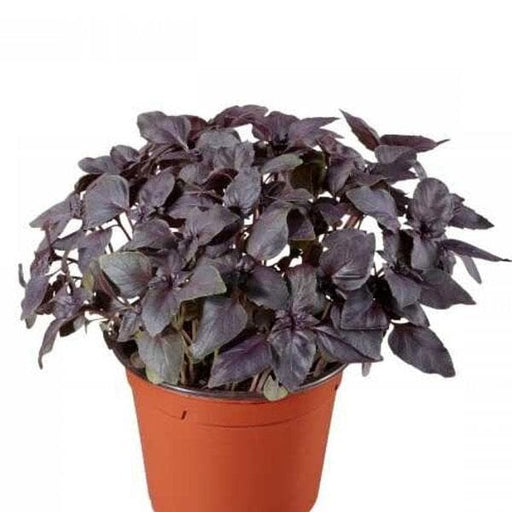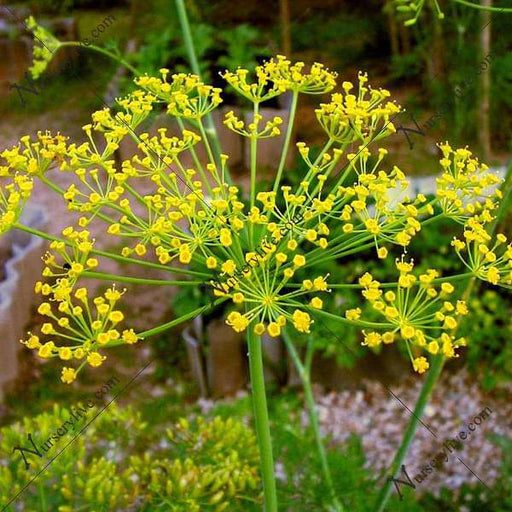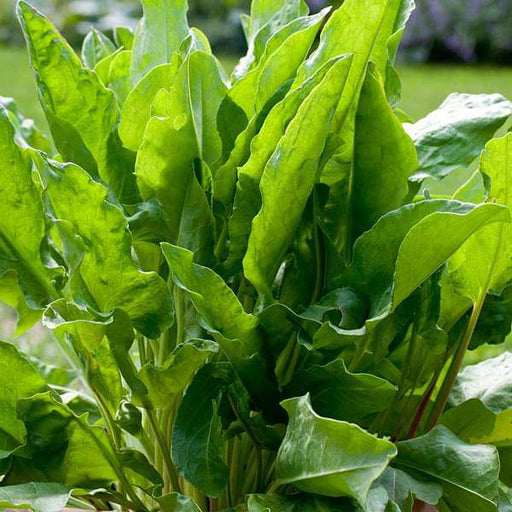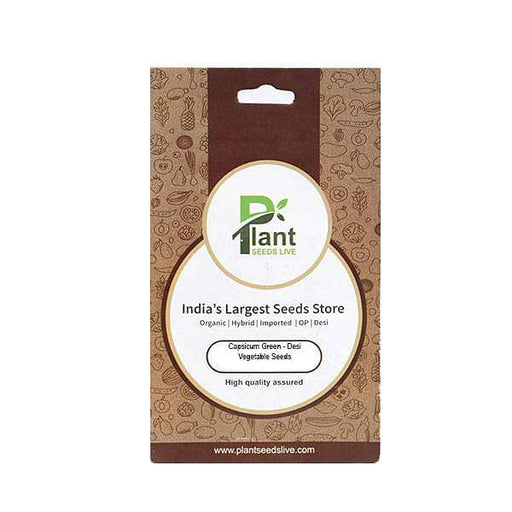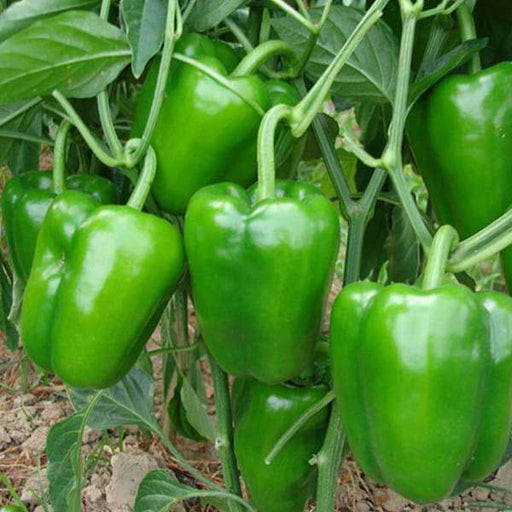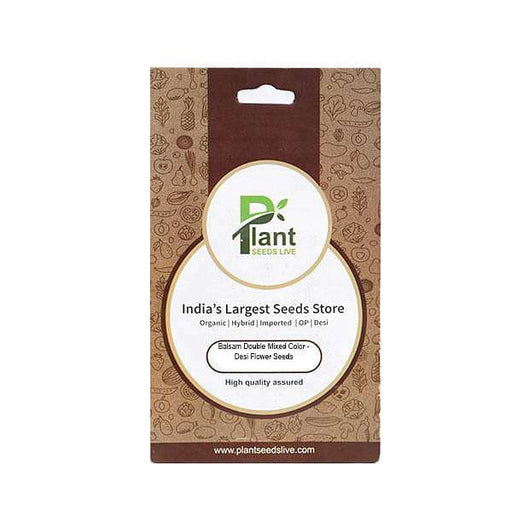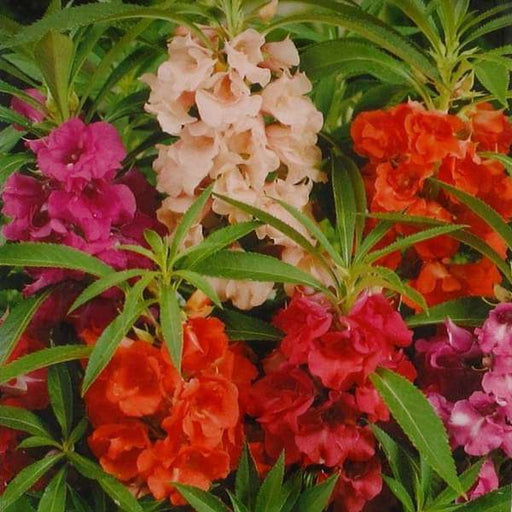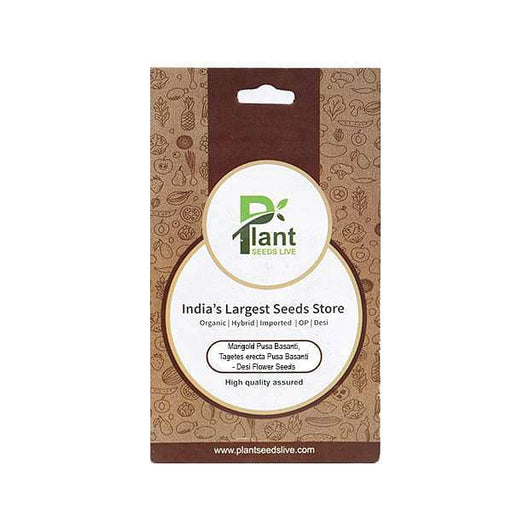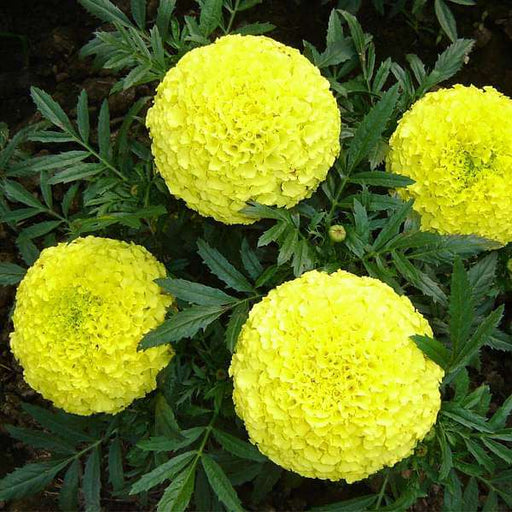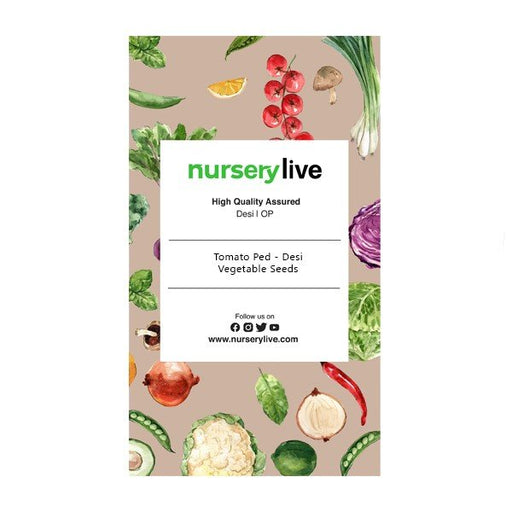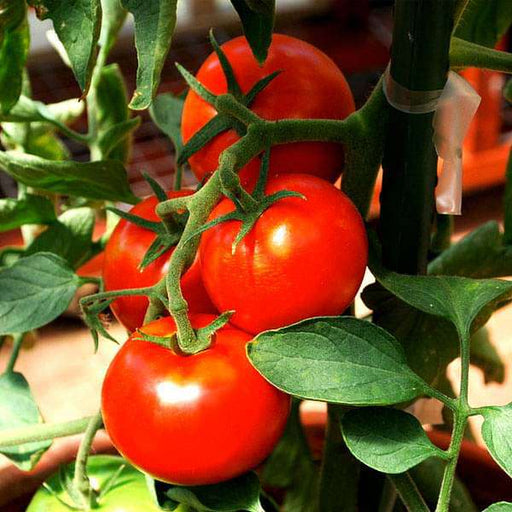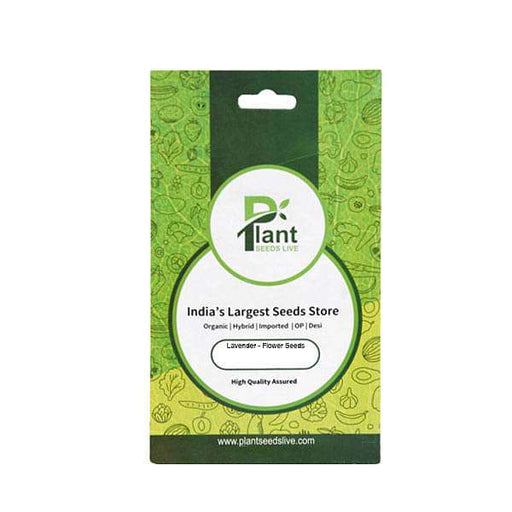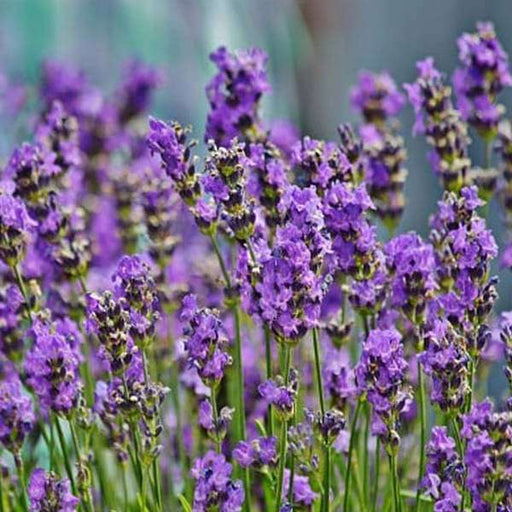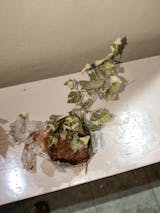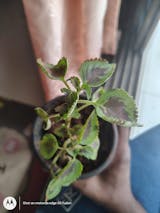Summer Sowing Herb Seeds Basil Sun-Kissed Delight
A true summer favorite, basil thrives in warm weather, growing faster than you can use it. From pesto to pizzas and fresh salads, this fragrant herb ensures your kitchen stays packed with fresh Italian flavors.
Summer Sowing Herb Seeds Cilantro Cool Contrast
While cilantro prefers cooler months, summer sowing with partial shade keeps it thriving. Whether tossed in guacamole, sprinkled on tacos, or blended into chutneys, its citrusy kick is a must for fresh, zesty dishes.
Summer Sowing Herb Seeds Lemongrass Refreshing Aroma
This tropical herb loves the heat and rewards you with tall, lemony stalks perfect for teas, soups, and Asian dishes. It’s drought-resistant, mosquito-repelling, and a garden showstopper all in one.
Summer Sowing Herb Seeds Dill Summer’s Secret
Dill bolts quickly in the heat, but when timed right, it produces delicate feathery leaves perfect for dressings, pickles, and seafood. The added bonus? Its flowers attract pollinators to your summer garden.
Summer Sowing Herb Seeds Mint Invincible Freshness
Mint may love moisture, but give it shade and regular watering, and it thrives even in summer. It’s the ultimate refreshment herb, perfect for mojitos, lemonades, and cooling raitas.
Summer Sowing Herb Seeds Oregano Sun-Loving Zest
Mediterranean oregano craves sunshine, intensifying its flavor under the summer rays. It’s the star of homemade Italian seasoning, pizza toppings, and marinades, making every meal feel gourmet.
Summer Sowing Herb Seeds Thyme Summer Resilience
This small but mighty herb doesn’t flinch under the summer sun. With its earthy, slightly minty flavor, thyme enhances grilled meats, vegetables, and soups while filling your garden with delightful fragrance.
Summer Sowing Herb Seeds Rosemary Evergreen Elegance
One of the toughest summer herbs, rosemary thrives in dry, hot conditions. Its woody stems and pine-like aroma make it the go-to seasoning for roasted potatoes, bread, and BBQ dishes.
Summer Sowing Herb Seeds Fennel Aromatic Wonder
Fennel loves warmth, growing tall with feathery fronds and crisp, anise-flavored bulbs. Whether used in herbal teas, roasted dishes, or salads, this sun-lover adds a gourmet touch to summer meals.
Summer Sowing Herb Seeds Sage Hardy & Herbaceous
Sage’s velvety leaves endure summer heat, making it a staple for herb gardens. Its rich, peppery flavor pairs beautifully with butter, pasta, and grilled vegetables, adding a savory depth to dishes.
Summer Sowing Herb Seeds Stevia Natural Sweetness
Ditch the sugar and grow your own calorie-free sweetener! Stevia thrives in warm weather and produces naturally sweet leaves, perfect for teas, desserts, and guilt-free indulgences.
Summer Sowing Herb Seeds Chives Bright & Hardy
Even in the summer heat, chives keep growing with their mild oniony bite. They add a burst of flavor to eggs, salads, and dips, proving that big taste can come in tiny, heat-tolerant packages.


